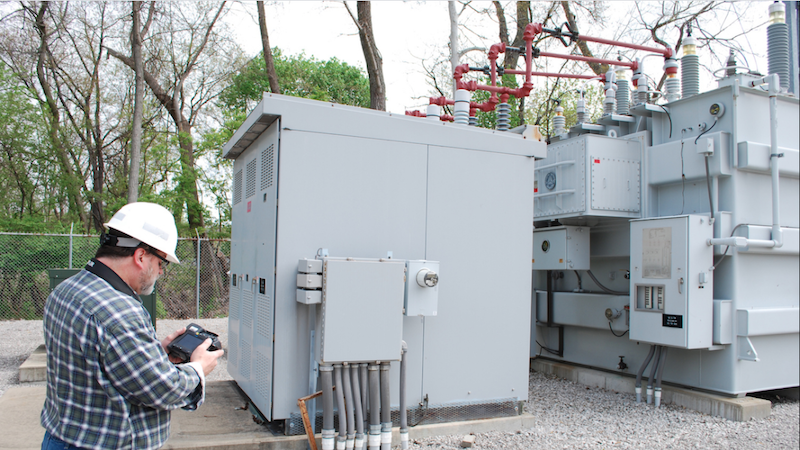Despite the Texas economy recovering from the initial COVID-19 pandemic disruptions during May and June, July saw a resurgence of coronavirus cases and the economy has taken another hit.
The employment picture improved in June after experiencing historic contractions in April, the Federal Reserve Bank of Dallas (FRBD) reported. In May and June, Texas recovered approximately 40% of the 1.3 million jobs lost during March and April – about 522,000 jobs regained. June also saw gains of an additional 181,700 jobs, the FRBD reported.
Based on the results of the past several months, the net number of jobs are expected to decline 4.8% this year, the Texas Employment Forecast estimates.
Job growth was reported in numerous industries, though government, mining and information services experienced declines, the bank reported. Leisure and hospitality employment growth was much slower in June than in May, and employment in this hard-hit sector is still down approximately 16% or 227,300 jobs from February.
The state’s largest sector of jobs in the trade, transportation and utilities added 1.7% of positions in June, or about 39,700 jobs, and in May there were 35,200 jobs or 1.5% added.
Despite these gains, the sector’s employment is still down 94,000 jobs or 3.7% from February levels, which were pre-COVID-19.
While the Federal Reserve reported that the state’s unemployment rate of 8.6% in June was lower than the 11.1% U.S. jobless rate, weekly unemployment claims show there is distress in the state’s labor market.
“Continuing and initial unemployment claims filed in Texas remained elevated,” the Dallas bank reported. “Claims totaled 1.3 million for the week ended July 18, 5.2% higher than the prior week, though down 14.1% from a peak of 1.5 million claims in the week ended May 23.”
As coronavirus infections increased in July, economic growth slowed, reported the FRBD.
Data from the Dallas Fed Mobility and Engagement Index (MEI) and another small business hourly employee measure show economic growth slowed with the number of infections in Texas.
“After stay-at-home orders designed to contain the spread of COVID-19 were lifted at the end of April, the Texas economy began reopening in May and June,” the bank reported. “As the MEI increased and the number of hourly employees working grew, new COVID-19 cases surged several weeks later before easing in late July.”
The MEI declined 3.1% from late June to late July, and the number of hourly employees working fell 22.3%.
Results of the Texas Business Outlook Survey in July show mixed economic news – growth in manufacturing but declines in the service sector. Industry outlooks were also mixed, with optimism increasing in the manufacturing sector and retail and service businesses expressing pessimism compared to June’s survey.
The service sector’s outlook index rose in June but contracted in July, dropping 18 points, the FRBD reported. Retailers’ outlook index fell even sharper than the service sector, falling 23.3 points.
“With the economic headwinds in the second half of the year, job growth is expected to slow significantly from May and June levels, leading to the loss of 622,600 jobs this year [-4.8%], with 12.3 million individuals employed at year-end,” the bank said.
While a recovery is anticipated in the second half of this year, it will not make up for the declines experienced in the first quarter.
“Texas jobs will recover in the second half of the year but not enough to overcome the sharp declines in March and April,” the Dallas Federal Reserve Bank reported. “Forecast uncertainty remains elevated as COVID-19 continues to spread throughout the state, presenting significant downside risks to the outlook.”

